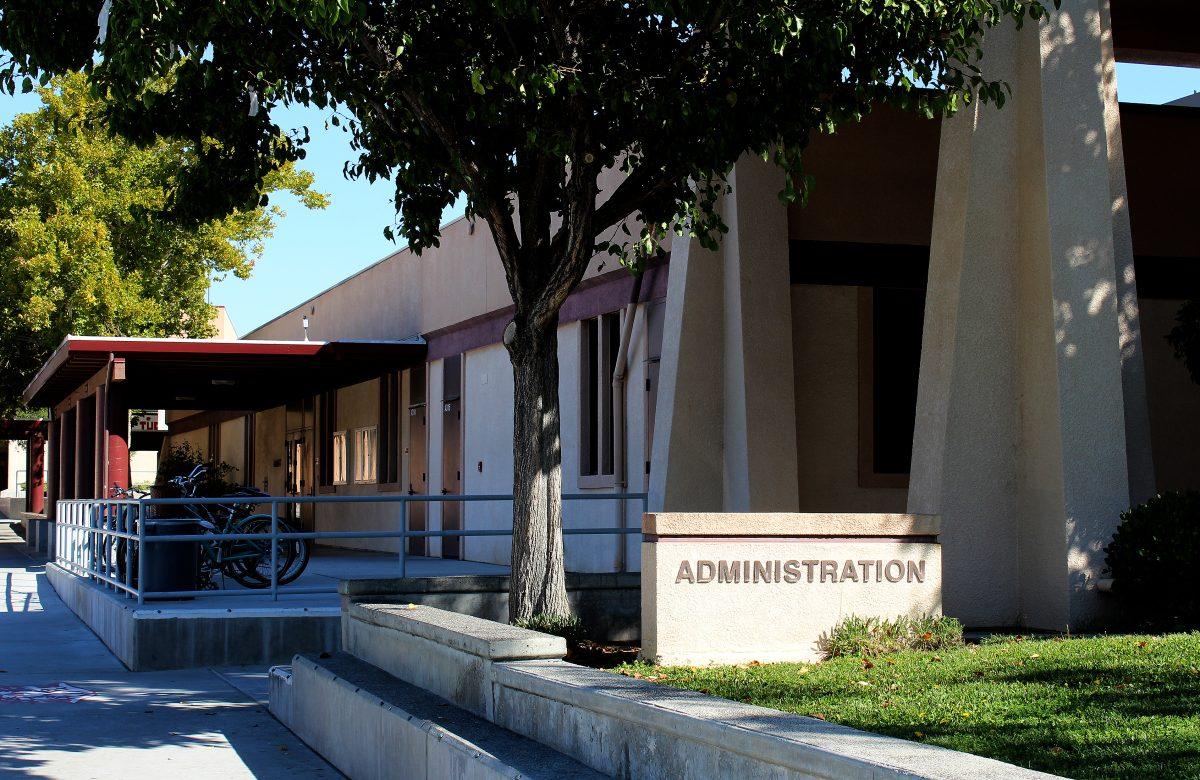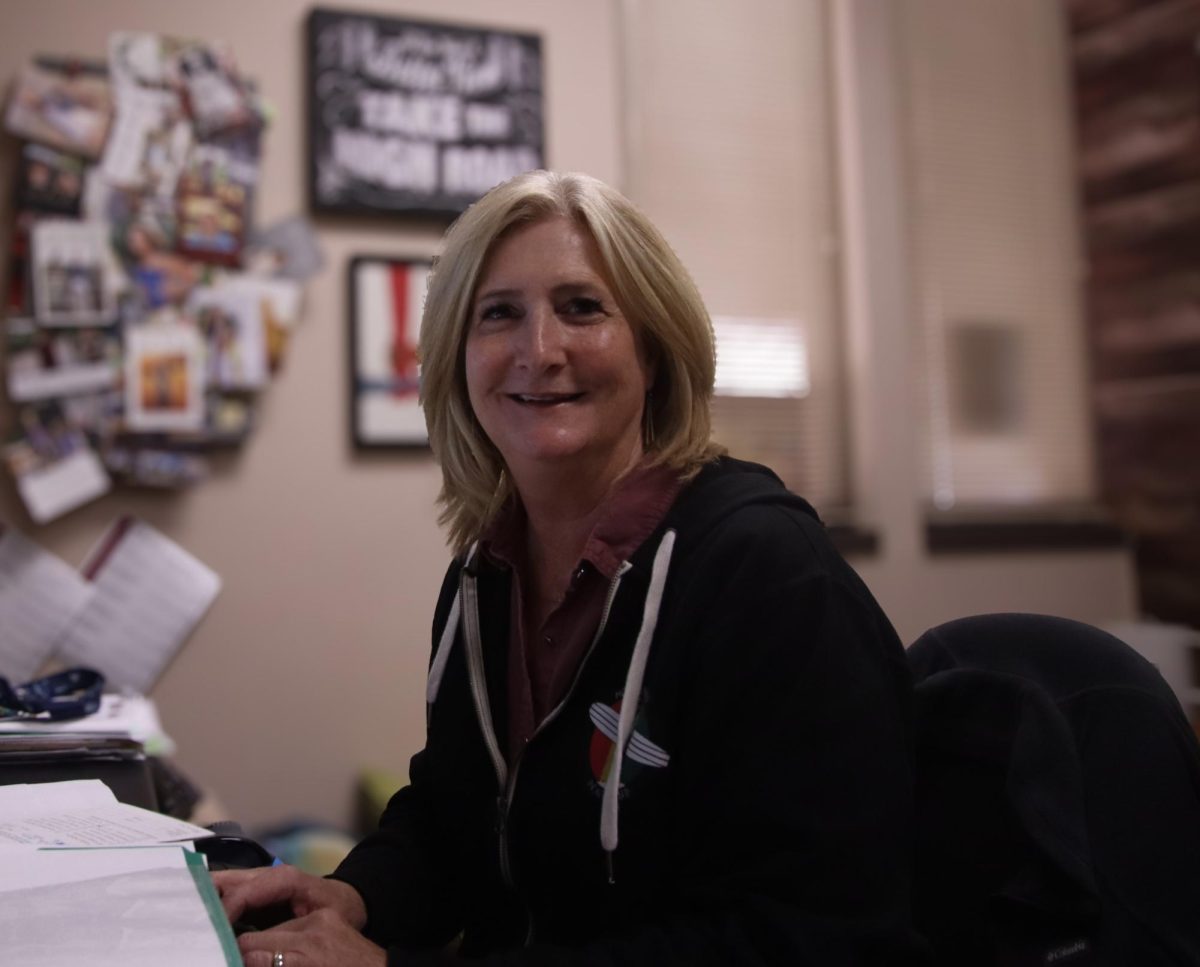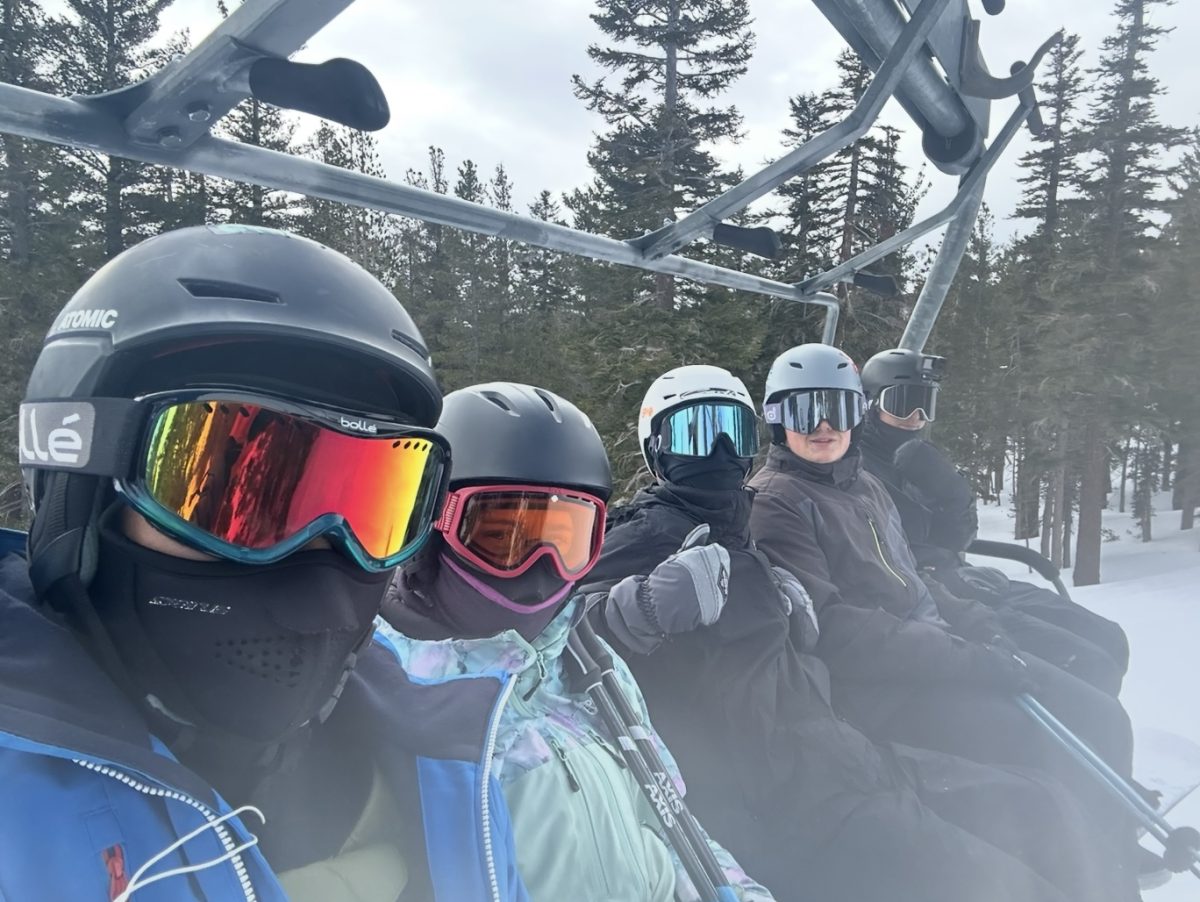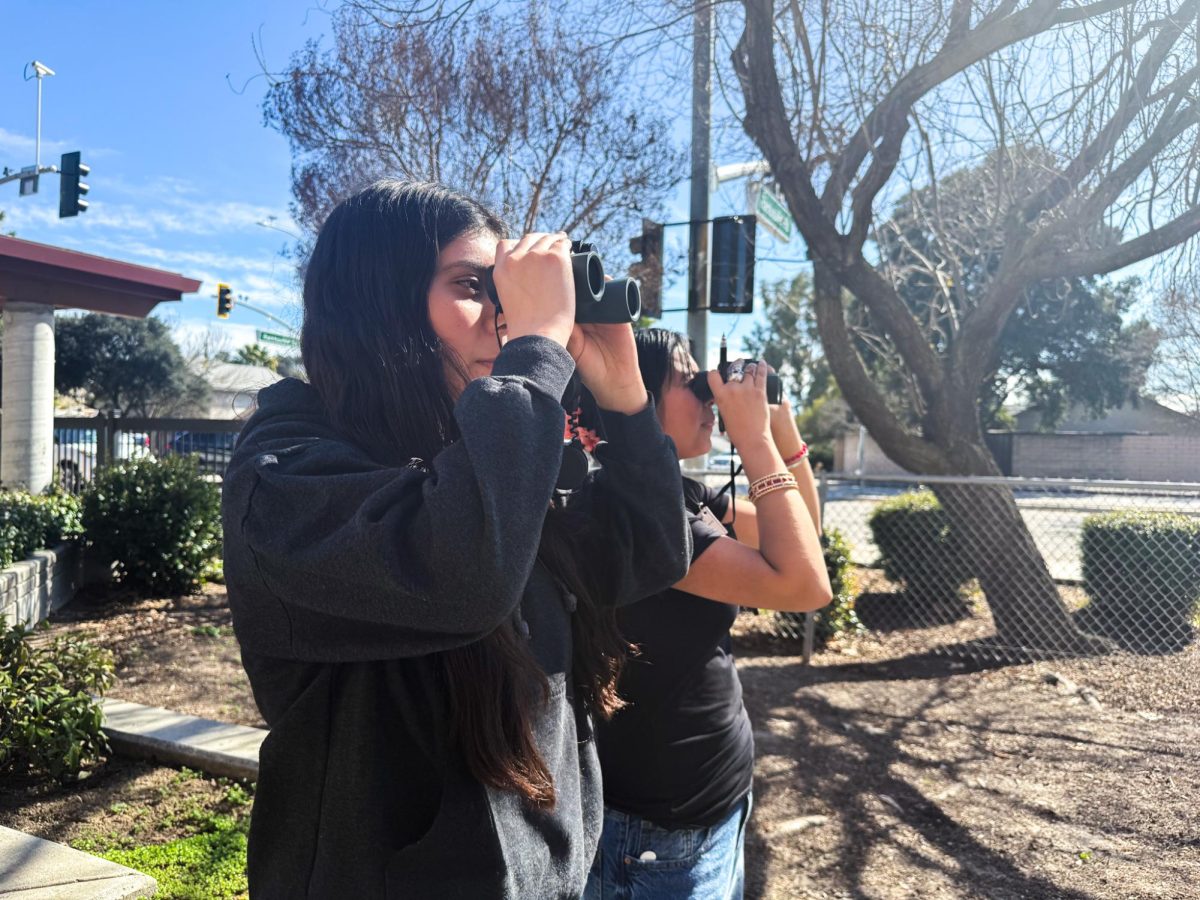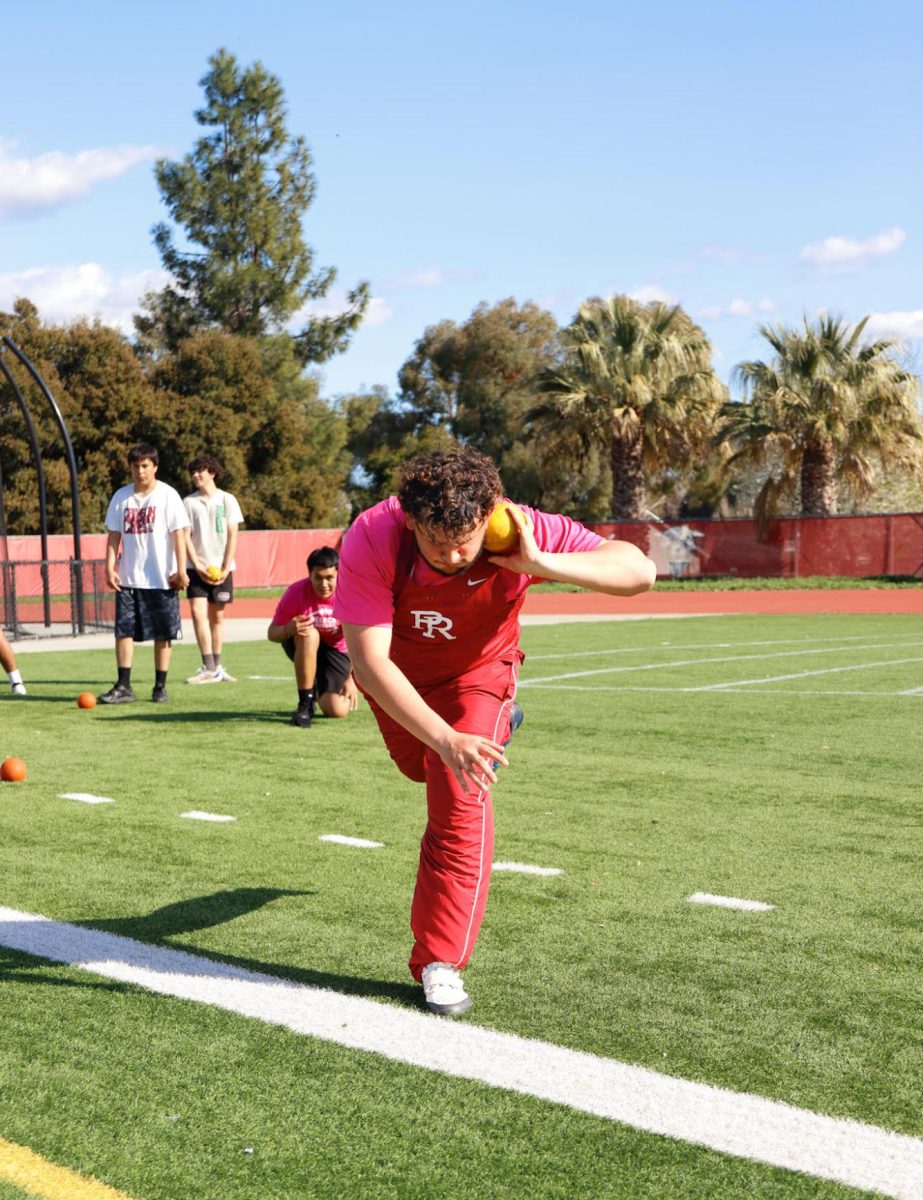“Free the Bearcats” petition collapses due to lack of leadership
[dropcap size=small]A[/dropcap] petition to grant PRHS an open campus, initiated last school year by teacher Geoffrey Land’s second period Civics and Government class, worked the school into a frenzy at the promise of lunchtime freedom before it came to a halt nine months ago at the turn of the New Year. This abrupt ending, according to Land, was caused as a result of a lack of initiative from both the students and our school administration, and it has raised questions among the students of PRHS concerning the origins and conclusions of the petition.
As part of an annual assignment completed by Land’s seniors, the “Worthy Cause” project, students are encouraged to find something around their community that they would like to improve. This in-class project has resulted in the addition of new water refill stations around campus, as well as service projects such as sending care packages to St. Jude Children’s Hospital and bringing materials to orphans in Grenada, a country in the Caribbean. One of the campaigns chosen for the 2015-2016 school year was the issue of an open campus, and this movement grew to extend across the entire school.
“Everybody in class took a copy and took it around. Students were coming in and asking for copies of the petition after they heard about it, so quickly it became a big thing,” said Land, who has conducted the project for the past four years and held the responsibility of overseeing the petition.
According to Land, this is the farthest that the open campus issue has ever reached in his 18 years of teaching.

“Students have been complaining about [the lack of an] open campus every year. At least this year [the students] got a really solid petition together. It was a legitimate campaign, but it faded,” Land said.
The campaign was widely spread, as students were notified of the progress of the movement that had been granted the nickname “Free the Bearcats” through advertisements, such as posters and printed petitions that were hung around campus. According to Land, the petition received well over 1,000 signatures, which is roughly half of the student body. The petition was also broadcasted through a small Facebook page that accumulated 169 likes and was run by a group of seniors involved in the campaign.
Land’s students proposed the idea that the privilege of an open campus be treated as a rewards system, adding on to the PBIS program already established on campus that encourages good behavior in school. The seniors who wrote up the petition argued that students who had a GPA below 2.0, had more than one F per semester, and experienced attendance or behavior problems should not be granted an open campus. They, according to Land, tried to structure the campaign in a way that made it an incentive to get better grades and be more involved.
“If someone can’t pass their classes, I don’t think they should have the privilege of leaving campus during lunch. Personally, I think it should be no F’s or D’s,” said former ASB president Lizette Juarez through a comment on the “Free the Bearcats” Facebook page.
According to Land, although the movement had a clear goal and was backed up by a reasonable argument, it lacked the proper form of leadership required to prosper.
“One of the problems was that there was no one group or one person that was really in charge. That might have been one of the weaknesses of the campaign,” Land said.
Land also found a problem with his seniors as the end of the year approached.
“There’s this short timer’s attitude, which is a really big problem for anything that’s happening. Seniors are the ones that are confident and smart enough to propose it, but the problem is that they get senioritis,” Land remarked.
The students were not the only ones guilty of letting the petition fizzle out. According to Land, the open campus movement was not high on the administration’s priority list.
“I think they felt like it was a really big change. These are busy people with full plates juggling a lot of different tasks, and I’m not sure they were convinced that it would make their lives easier if there was an open campus,” Land said.
“It’s a lot more complicated than just saying yes or no, so there’s a lot of things that would have to go into place if that were something we were to talk about doing. I’m open to continuing the conversation, I just don’t know what side we’ll fall on,” said principal Eric Martinez,

who has been working in the Paso Robles Unified School District for three months.
According to senior class president, Isabel Gonzalez, the senior class has no desire to take initiative on the matter of an open campus either.
“I’m sure we would definitely sign the petition if it came up again, but we will probably not be taking action or doing something to start it back up. Personally, I really would like [to have an open campus], but I wouldn’t mind if it didn’t happen,” Gonzalez said.

